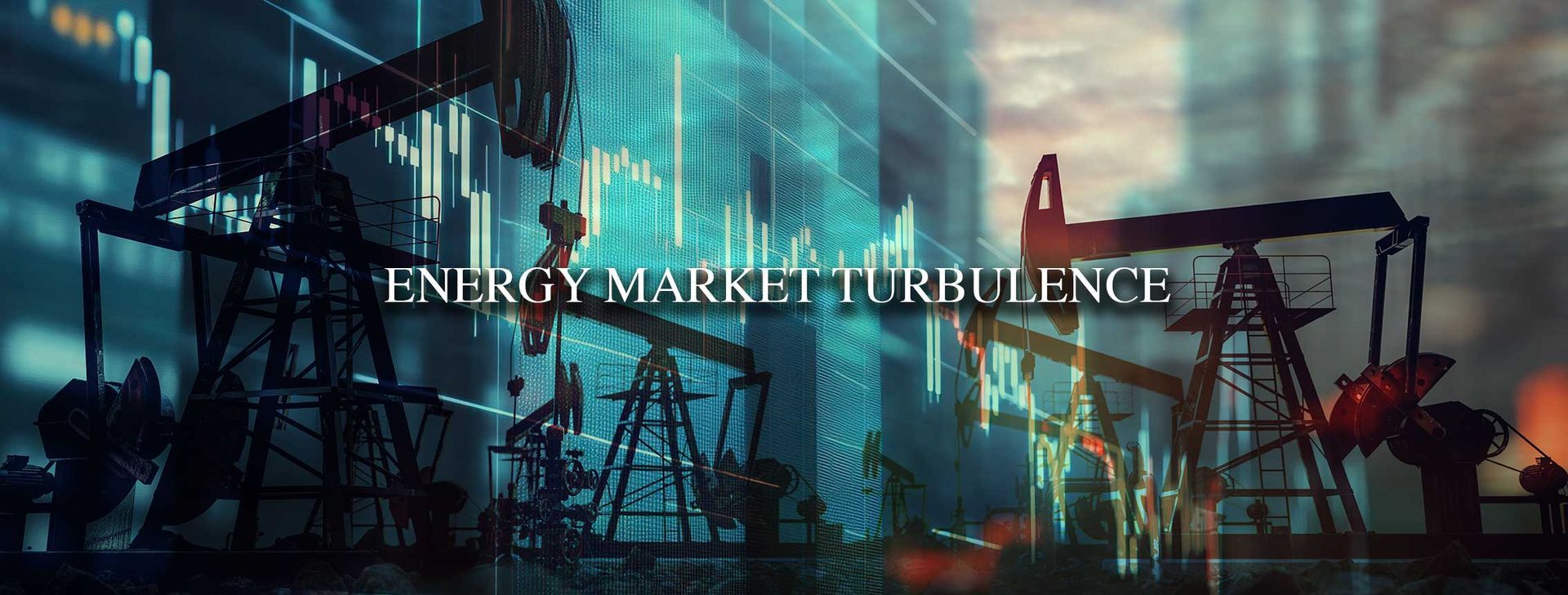Navigating the Uncertainty:
Strategic Guidance Amid Oil Price Volatility and Geopolitical Risk
Published in Abu Dhabi - UAE, 25 July 2025 15:47am (GMT)
As we enter August 2025, energy markets remain highly volatile, shaped by a combination of geopolitical risks, supply shocks, and shifting investor sentiment.
Geopolitical Tensions Fuel Price Spikes
In June, Iran threatened to close the Strait of Hormuz—in response to Israeli strikes targeting its military and nuclear infrastructure—raising fears of acute supply disruption. Though the strait remains open, prices spiked 7–14%. Analysts warned that a prolonged closure could push Brent crude above $100–$150 per barrel.
Despite the surge, Goldman Sachs, Citi, and JP Morgan suggest the supply shock would require a sustained worst-case scenario before prices remained elevated.
OPEC+ Moves and Analyst Forecasts
OPEC+ announced an unexpected 548,000 bpd production increase starting August 2025—intended to regain market share amid stalling oil demand. Analysts warn this could exert downward pressure, with Brent prices potentially falling to $60/bbl by year-end.
Long-term outlooks suggest continued volatility: forecasts show WTI trading between $56–$74 depending on China's demand and policy signals.

Volatility Impact on Energy Stocks and Equities
The Bloomberg Commodity Index volatility reached multi‑year highs (~16%) in Q2 2025—driven by Iran-Israel tensions, OPEC output changes, and demand uncertainty in China.
Energy sector stocks in the U.S. yielded a mixed performance: while early gains exceeded 10% YTD, by mid-June sector gains had narrowed to under 4%, lagging broader equity indices.
Morgan Stanley further cautioned that escalating Middle East conflict could elevate oil prices above $120/bbl, risking stagflation and equity downturns.
What Analysts Are Saying
- JP Morgan and Goldman Sachs forecast a modest outlook for the second half of 2025, expecting oil prices to stabilize if no severe supply disruption materialises.
- J.P. Morgan Research highlights persistent macroeconomic uncertainty as a driver of caution for global markets in 2H 2025.
- BNP Paribas emphasises that continued volatility stems from shifting trade policies, political risk, and demand variability.
Advice for Auctora Clients: Navigating Volatility with Strategy
- Diversify Your Exposure
Combine traditional fossil fuel volumes with alternative energy or commodity hedges to reduce reliance on any single market segment. - Use Flexible Delivery Strategies
Structure deals with staggered delivery and payment terms—shorter laycan windows, phased shipments, or spot-plus-trade contract structures to maintain optionality. - Monitor Geopolitical & Trade Signals
Keep a close eye on developments around the Strait of Hormuz, OPEC+ meetings, and U.S./EU tariff policies—they directly impact pricing, supply strategies, and risk profiles. - Strengthen Relationships with Trusted Partners
In volatile times, working with verified mandates, refiners, and logistics providers ensures credibility and smoother execution. - Prepare Contingency Plans
Maintain backup supplier routes, alternative vessels or ports, and adaptive documents to pivot quickly if situation changes—especially relevant in politically sensitive regions.
By staying agile, well-informed, and diversified, Auctora’s clients can boldly navigate the current volatility and capitalize on structural market shifts for sustained, strategic success.














